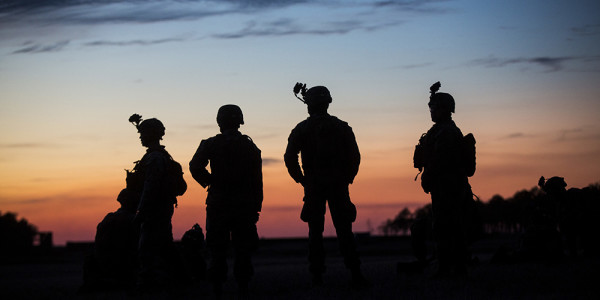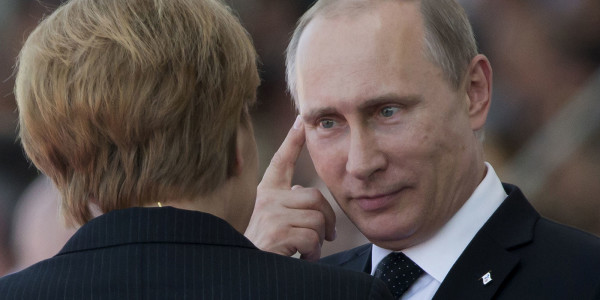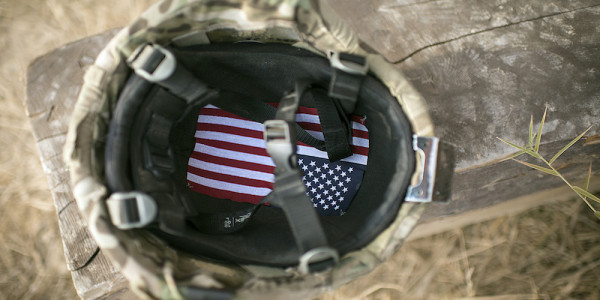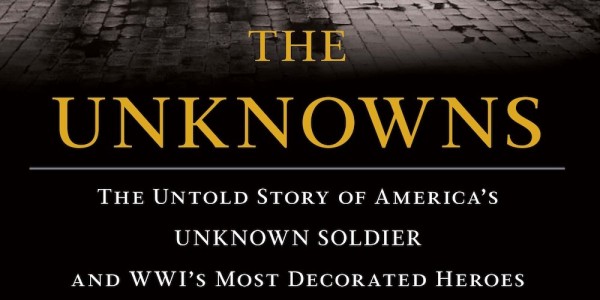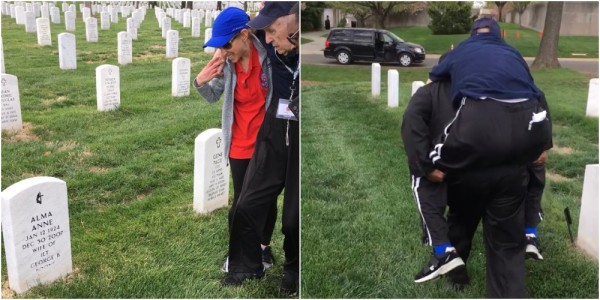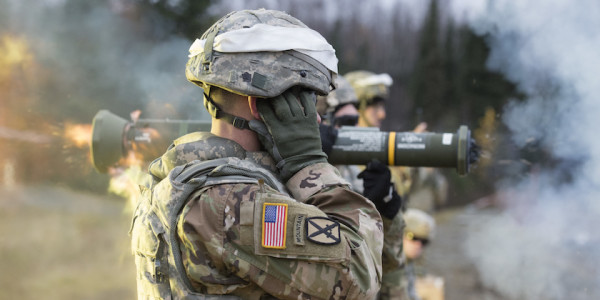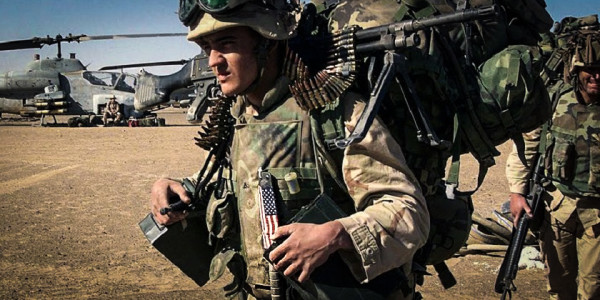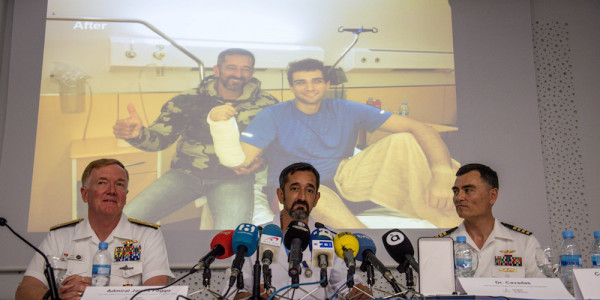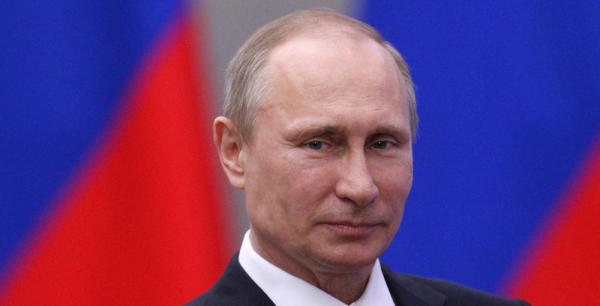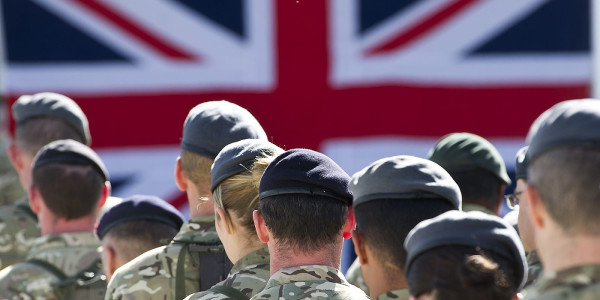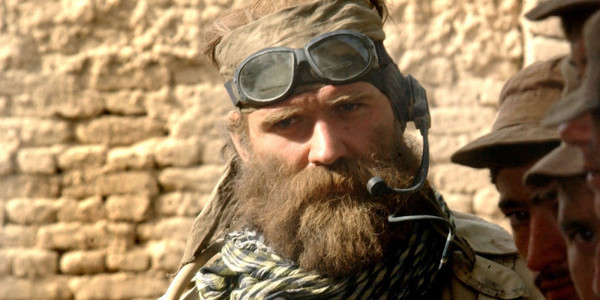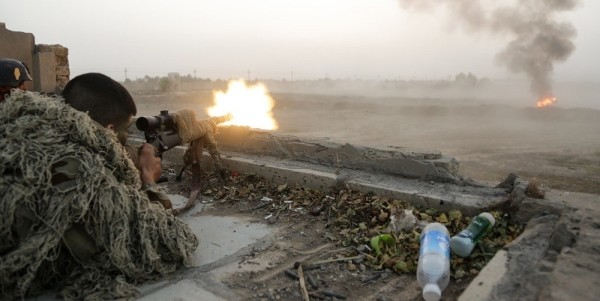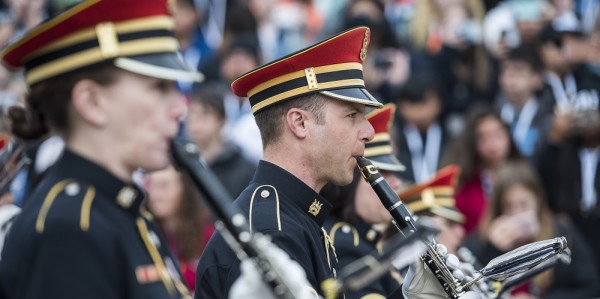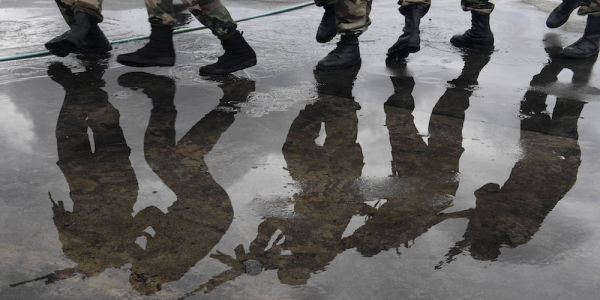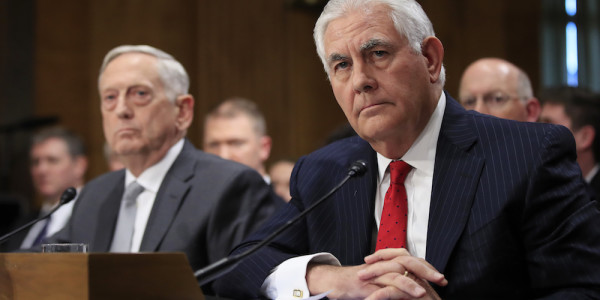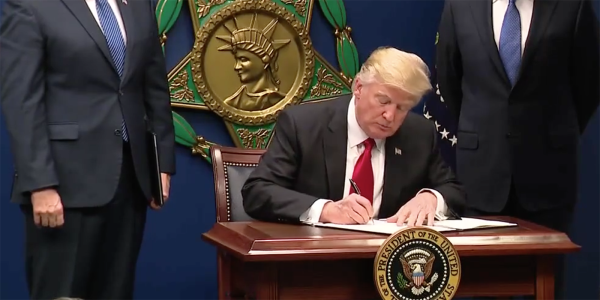Army Reserve Best Warrior Competition sit at the ready during the Urban Warfighting Orientation Course phase of the competition. The competition brought 28 Soldiers and noncommissioned officers from Guam to New Hampshire to Fort McCoy to determine the best of the Army Reserve. The Army Reserve winners will then compete in the Department of the Army competition held later this year at Fort Lee, Va.Photo via DoD
The military campaign against international terrorism launched in the aftermath of the 9/11 attacks may be far from over, but the fallen U.S. service members of the America’s Global War on Terror are already receiving a physical tribute to their sacrifice.
On Aug. 3, the Senate unanimously passed the Global War on Terrorism Memorial Act, paving the way for the establishment of the National Global War on Terrorism Memorial in Washington, D.C. The legislation now heads to the White House to receive President Donald Trump’s signature.
First introduced in the House in February 2017, the legislation will authorize the Global War on Terror Memorial Foundation to immediately quarterback the design, fundraising, and construction of the monument on federal land, where it will honor the sacrifices of post-9/11 service members alongside those from World War II, the Korean War, and the Vietnam War.
Ever since he established the Global War on Terror Memorial Foundation to campaign for a physical tribute to GWOT service members and veterans, Army veteran Andrew Brennan has faced one major legislative obstacle: The Commemorative Works Act of 1986 requires that the federal government only erect national war memorials 10 years after the end of conflicts — a difficult proposition for an anti-terror campaign that has only expanded in size and scope since 2001, and shows no signs of slowing down.
The legislation passed by the House and Senate, H.R. 873, included an exemption from the Commemorative Works Acts, a recognition of the unusual nature of the service and sacrifice of 3 million fighting men and women who deployed as part of the nation’s longest war.
“This memorial will be wholly dedicated to our 7,000 brothers and sisters who deployed with us, but did not return and their survivors. It is dedicated to the 1 million wounded warriors who are reclaiming their lives back here at home. It is for the soldiers, airmen, sailors, and Marines who struggle in their transition from combat deployments,” Brennan said in a statement. “We’re looking forward to building a sacred place of healing and remembrance for our GWOT veterans, a place for families to gather together to honor their loved ones, and for future generations of Americans to learn about a war they will likely grow up alongside of.”
The new memorial doesn’t just include those service members who deployed to the battlefields of Iraq and Afghanistan. The Senate bill defines the “Global War on Terrorism” as “any contingency operation conducted by the Armed Forces in response to the terrorist attacks of September 11, 2001, or other terrorist attack.”
Under this broad definition, this emcompasses basically every military operation justified by the broad 2001 Authorization for Use of Military Force, including the wars in Iraq and Afghanistan; Operation Inherent Resolve against ISIS in Syria; a handful of incursions in Libya; foreign military training, advising, assisting in the Philippines and Georgia; secure detention operations at Guantanamo Bay, Cuba; counter-terrorism and combat operations in Djibouti, Yemen, Kenya, Somalia, Ethiopia, and elsewhere in the Horn of Africa; and the special operations forces deployed in 80 countries around the world.
“I could not be more proud that we are one step closer to securing our post 9/11 veterans’ rightful place in our nation’s capital,” House bill sponsor Rep. Mike Gallagher, a Republican from Wisconsin and a Marine veteran, told Task & Purpose, “My hope is that this memorial will serve as a way to honor those who paid the ultimate sacrifice and as a call to action for us, the living. I look forward to the president signing this bill into law as soon as possible so that the Global War on Terrorism Memorial will one day stand alongside others as an enduring reminder of the cost of liberty.”
For the legislation’s sponsors in Congress, the whole purpose of the bill is not just to memorialize the sacrifices on foreign battlefields, but to ensure that that U.S. military personnel who work behind the scenes and in the shadows to beat back the rising tide of international terror — like U.S. Special Operations Command forces on the front lines in dozens of countries — do not go forgotten.
“Passage of this bill is an important first step in ensuring that the men and women who willingly gave their lives in the War on Terror are afforded a place on the national mall where their loved ones can pay respects and honor their sacrifice,” Rep. Seth Moulton, a Democrat from Massachusetts and Marine vet who co-sponsored the House bill with Gallagher, said in a statement on July 28. “For me, like so many of my colleagues, this is personal.”

